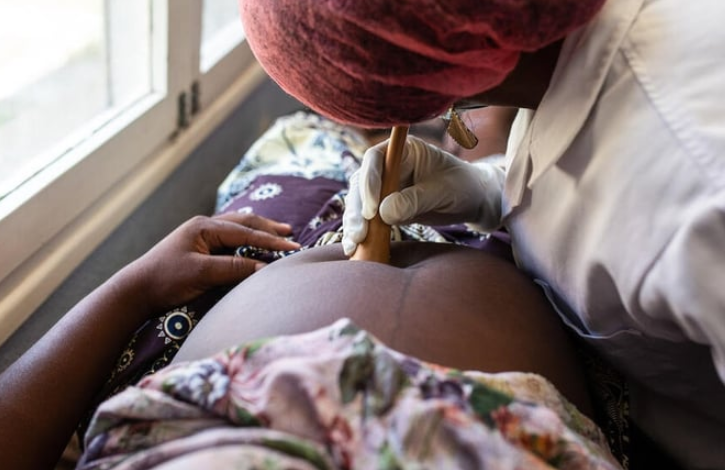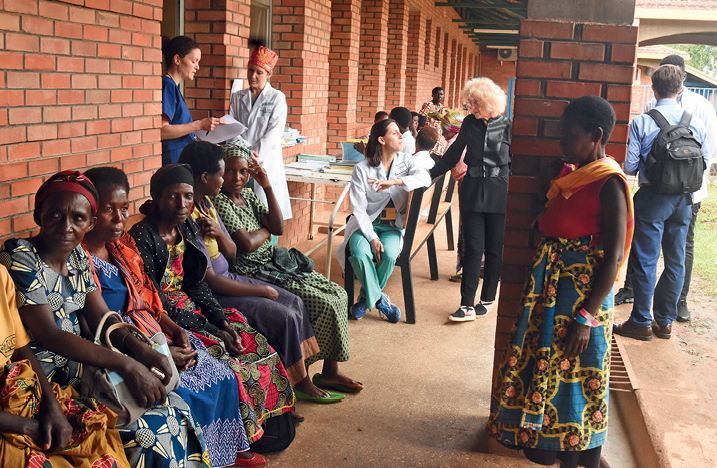Countries around the world are holding a series of events to mark the international day to end Obstetric Fistula usually observed on May 23.
Obstetric fistula is a hole between the birth canal and bladder or rectum, caused by prolonged, obstructed labour without access to timely, high-quality medical treatment.
This debilitating condition is reportedly an increasing trend in Rwanda according to Pesquisa Editora Journal a distinguished global publisher of open-access journals, specialising in clinical, medical, biological, regenerative medicine, neurology, neurosurgery among others.
According to Lee Ann Richter, MD, Georgetown University School of Medicine, Washington, DC who has worked on a fistula mission with the International Organization for Women and Development (IOWD) in Rwanda since 2015, observes that Rwanda needs to develope surgical capacity to fix various cases of Obstetric fistula.
She notes that during her work in Rwanda, there are concerns that “we may be seeing increasing numbers of iatrogenic fistula occurring from C-section (rather than from obstructed labor) led to an important research project.”
“In 2021, our paper titled “Characteristics of Genitourinary Fistula in Kigali, Rwanda; 5-Year Trends,” was published in Urology. It demonstrated that from 2013 to 2017, there was a significant increase in the proportion of fistula involving the ureters, uterus, and cervix, and that the majority of these fistulas occurred after C-section.”

Obstetric fistula is preventable; it can largely be avoided by delaying the age of first pregnancy; the cessation of harmful traditional practices; and timely access to obstetric care.
This year’s theme, “Breaking the Cycle: Preventing Fistula Worldwide”, underscores the urgent need to address obstetric fistula comprehensively, emphasizing equitable access to quality maternal health services, social reintegration, and sustained investment in healthcare systems.
In 2018, the United Nations General Assembly adopted a resolution to end Obstetric Fistula by 2030.




















